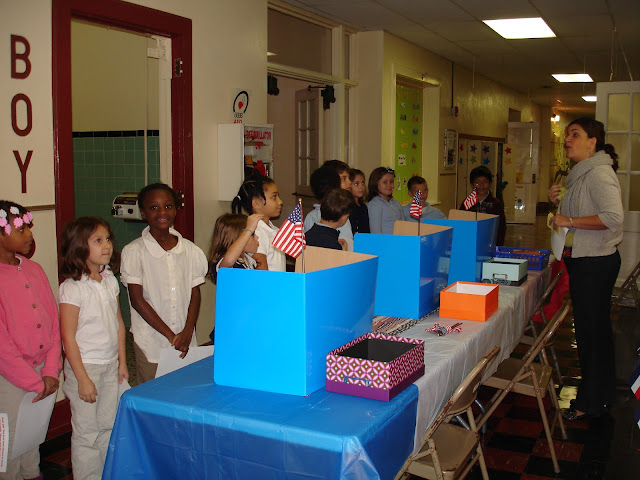 |
Keeping track of who controls what in Syria
is an ongoing enterprise.
|
that headline myself.
(Heck, I've even basically recycled this headline from an April 28 post....)
After all, some deaths stay on the obituary page and some make it all the way to the front page.
But one would hope that the factors which go into deciding whose death rates the front page carry somewhat less weight that those that determine who gets attacked by American rockets and bombs.
Confused? I don't blame you, I am too -- about Syria; or, more specifically, our sudden interest in getting involved there militarily.
I do not normally comment here (much) about national matters.
This is because although I follow the news, I don't really consider myself enough of an expert to offer a perspective worth your time.
But sometimes, as regular readers may have noticed, I feel the need to sound off, or at least express my confusion out loud.
One aspect of the developing situation with U.S. involvement in Syria has caught my attention.
The forces of Hafez al-Assad have been killing civilians for more than two years now, albeit, until now, using the more traditional and familiar methods..
But, as my father points out repeatedly, people in the Middle East, like human beings everywhere, have been killing each other for centuries.
The issues over which most Middle East disputes revolve have little to do with the artificial political lines that were drawn there by the European powers after World War I; which is what we in the west so often focus on nonetheless.
So after roughly 100,000 civilian casualties; a conflict that threatens to broaden and envelop Israel and more posturing than a body-building contest, what's new that suddenly makes us so interested in committing force to the equation?
Really, as far as I can see, it all seems to have to do with President Barack Obama's ill-advised declaration last August that the use of chemical weapons in Syria would be a "clear red line."
 |
In August, 2012, Obama declared the use of chemical
weapons in Syria to be a 'red line.'
|
Anyway, it seems that now that there's evidence that Assad used chemical weapons, Obama knows he will be called out by the right for not following up on his ultimatum.
Apparently one of the worst things that can happen in a Washington news cycle is to be called "weak."
Just look at the language used by the talking heads: "vigorous action" is required; "bullies only respect strength."
I mean we might as well come right out and say that the president does not want to seem "flaccid" in his determination to see his policies carried out.
Understand, I think the right would be right to call him out, but not for not following through on his 'line in the sand," but because it was a stupid thing to say in the first place.
And not because of any requirement that America appear strong. America being strong is what's important. How it "apprears" will always be open to interpretation and usually not the interpretation of the one doing the projecting.
(Why can't we ever get excited about America appearing "smart," or "diplomatic," or "deliberative," or even, dare I say it, "mature?")
It was a stupid thing to say because now Obama is boxed in and has limited his options -- not due to the volatile and fluid conditions on the ground in Syria, but because of our-inane-domestic-Big-Man-on-Campus politics.
And frankly, that's a stupid reason to get involved in a war in the Middle East, especially a civil war in the Middle East.
(It is significant to note that, at the same time that statement is driving his decisions, Obama is trying to get out from under it, claiming it wasn't him who set the "red line," but the world.....)
 |
| Why do these deaths matter more? |
A confessed devotee of the Jon Stewart/Stephen Colbert comedy hour, I sometimes wonder if I should apply for a writer's job because no sooner did I begin to ponder this very question of the manner of death being the trigger point for another steaming helping of Middle East folly, than both satirists leaped on it in their broadcasts.
Stewart pointed out that we have some pretty nasty weapons of our own; and that when Saddam was using chemical weapons on Iran during that war, we not only didn't object, but we supported him.
But although I am loyal to Stewart, I have to give the best line in this line of questioning to Colbert.
"Dictator Bashar al-Assad is killing his own people with chemical weapons. Before he was just killing them with bullets," Colbert said on Tuesday night's show. "If America cared about shooting people, we'd be invading Chicago."













































